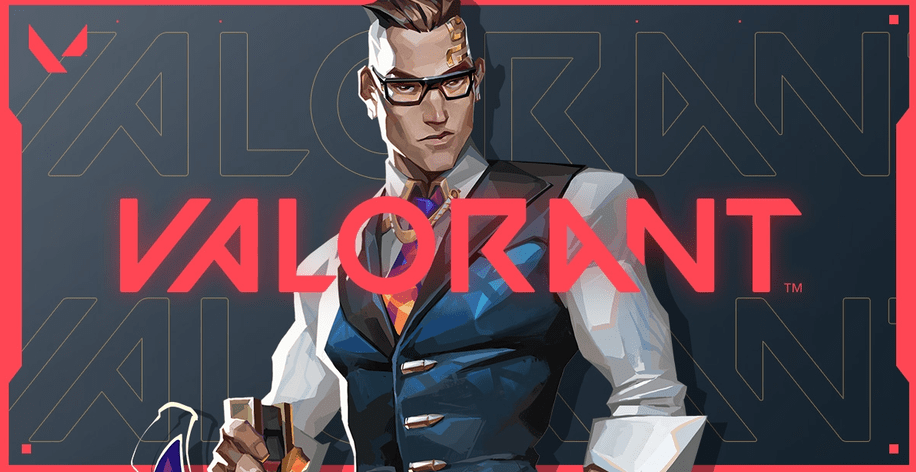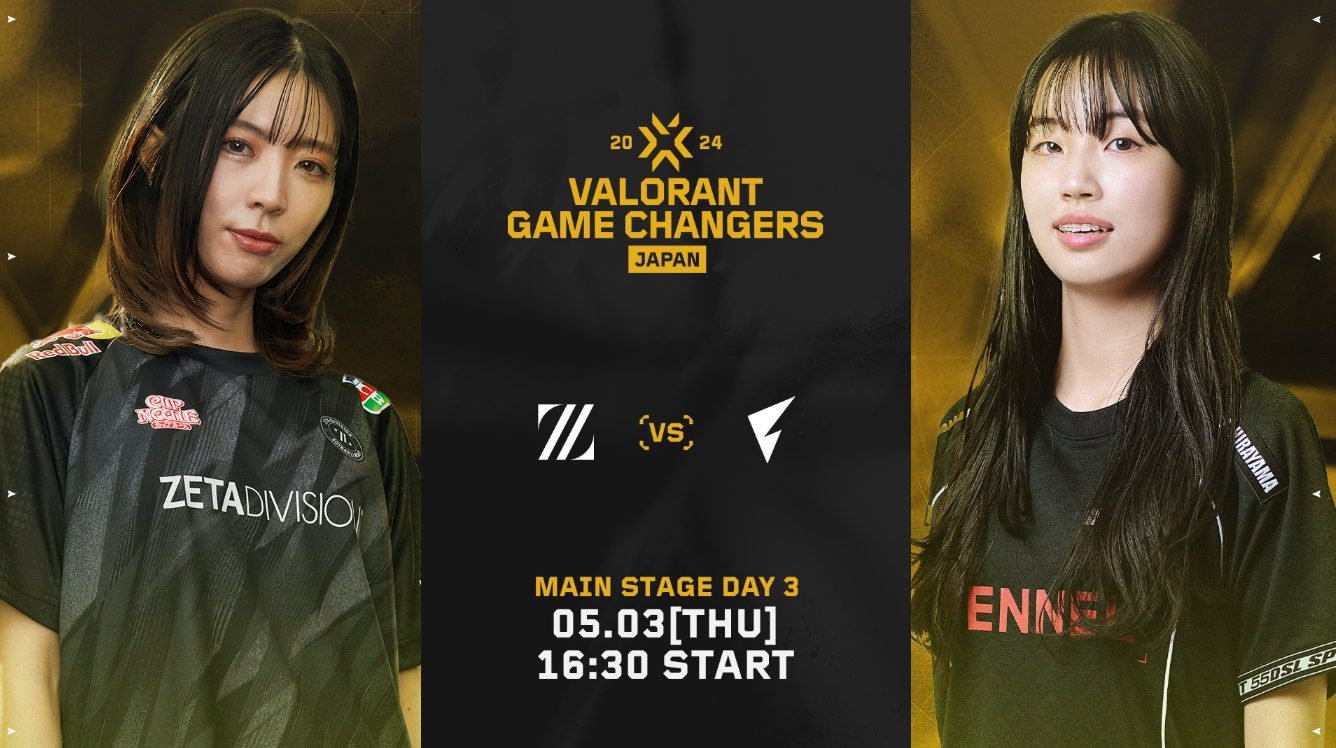Content creators voice their criticism of Riot Games over the inadequate performance of the “Streamer Mode”

Renowned streamer L21saac, widely recognized in the gaming community, vented his frustration and disappointment across various social media platforms, with a particular focus on Twitter. The streamer passionately criticized the game developers at Riot Games for their flawed implementation of the highly anticipated “Streamer Mode.” This mode, designed to enhance the streaming experience and protect the privacy of content creators, has been plagued by a recently unearthed vulnerability that allows unauthorized access and circumvents its intended security measures. L21saac’s outcry resonated with many fellow content creators who rely on the streamer mode to safeguard their personal information and maintain a professional streaming environment. The improper functioning of this essential feature not only compromises their privacy but also exposes them to potential risks such as harassment, doxxing, or unwanted intrusion during live streams.
The streamer’s social media posts gained significant traction, attracting widespread attention and igniting a broader discussion within the gaming community. Content creators and their followers voiced their concerns, demanding urgent action from Riot Games to address the security loophole and rectify the malfunctioning streamer mode. As the controversy unfolded, Riot Games issued a public statement acknowledging the issue and expressing their commitment to resolving the matter promptly. The game developers assured the community that they were actively investigating the vulnerability and working on a comprehensive fix to restore the streamer mode’s intended functionality and security. The incident serves as a reminder of the challenges faced by game developers in maintaining robust security measures and highlights the importance of continuous monitoring and timely response to emerging threats. Content creators and their audiences eagerly await the resolution of this issue, hoping for an improved streaming experience that prioritizes their privacy and protection.
Content Creators Criticize Riot Games over Flawed Streamer Mode Implementation in Valorant
In the Valorant community, content creators have begun expressing their increasing dissatisfaction with the newly implemented tracker, which has rendered the streamer mode completely ineffective. Streamer mode, developed by Riot Games, was designed with the intention of preventing stream sniping and allowing players who are broadcasting their matches to remain incognito during gameplay. However, it didn’t take long for Valorant players to discover a way to bypass this supposed protection through the use of a new tracking application. This revelation has sparked significant criticism from streamers, who argue that the streamer mode fails to fulfill its purpose and compromises their ability to conduct live broadcasts. As a result, many content creators have been forced to resort to delayed streams in order to maintain their privacy. One particular incident highlighted by L21saac, a prominent streamer in the community, exemplifies the frustrations experienced by content creators. Despite using the hidden mode, L21saac’s teammate addressed him by name during a match, indicating that the streamer mode was not effectively concealing his identity. Criticism has been directed towards Riot Games, the developer of Valorant, with accusations that the tracking application undermines the overall playability for streamers by connecting to their Twitch accounts. This controversial application, which is easily accessible, sets itself apart from other similar programs by providing access to user data. The concerns raised by content creators and the broader community have put Riot Games under scrutiny, demanding a response to address the issues surrounding the streamer mode and the tracking application. However, as of now, the company has not issued an official statement or provided any indication of how they plan to tackle the problem.
The implications of this situation are profound, as it directly impacts the content produced by streamers and their ability to engage with their audiences. The streamer mode was meant to provide a layer of protection and privacy, allowing content creators to focus on their gameplay and entertain their viewers without the fear of being targeted or harassed. The failure of the streamer mode not only exposes streamers to potential risks such as doxxing or unwanted intrusion during live streams but also hinders their ability to foster a safe and enjoyable streaming environment. The dissatisfaction expressed by content creators highlights the importance of effective and reliable features that safeguard their privacy. The streaming community relies heavily on the tools and features provided by game developers to ensure a seamless and secure streaming experience. When these features fall short of expectations, it not only impacts the content creators but also the viewers who rely on their favorite streamers for entertainment and engagement. In light of the mounting concerns, it becomes essential for Riot Games to address the issues surrounding the streamer mode promptly. Streamers and their audiences eagerly await a response from the company, hoping for a concrete plan of action to rectify the shortcomings and restore the streamer mode’s functionality and effectiveness. In the larger context, this situation serves as a reminder of the challenges faced by game developers in maintaining secure and reliable systems in an ever-evolving landscape of streaming and content creation. Balancing the needs of content creators with the ongoing battle against those who seek to exploit vulnerabilities requires constant vigilance and adaptability. Ultimately, the resolution of this issue will require not only the technical expertise of Riot Games but also effective communication and collaboration with the streaming community. By working together, developers and content creators can ensure that the streamer mode provides the necessary protection and privacy for a thriving and vibrant streaming ecosystem within Valorant and beyond.



